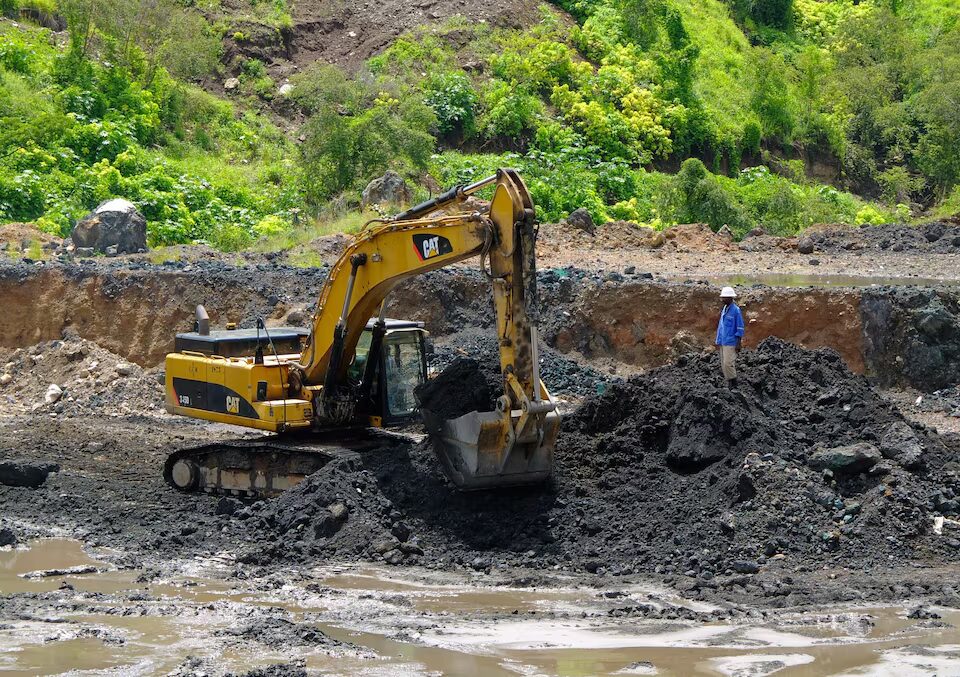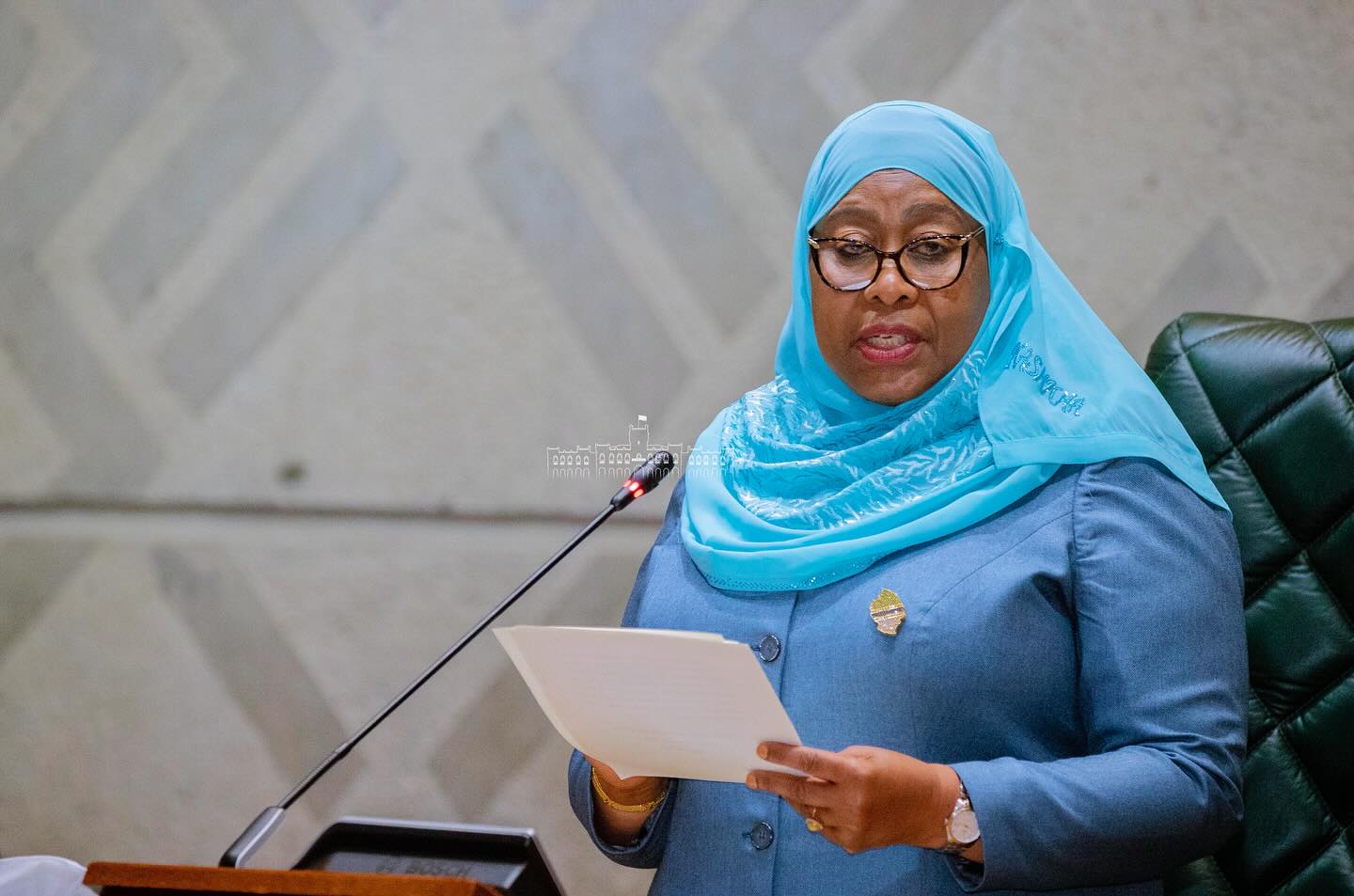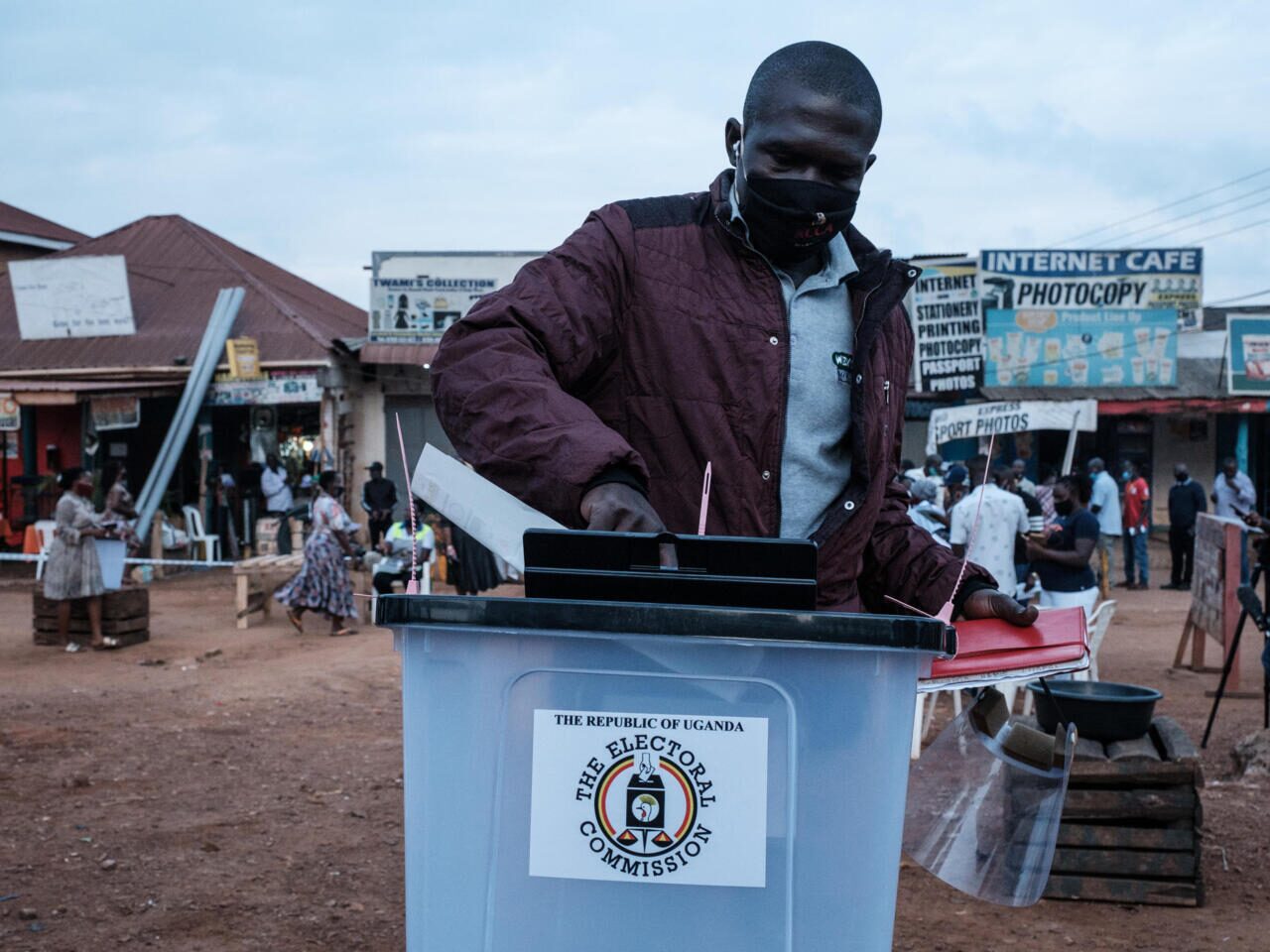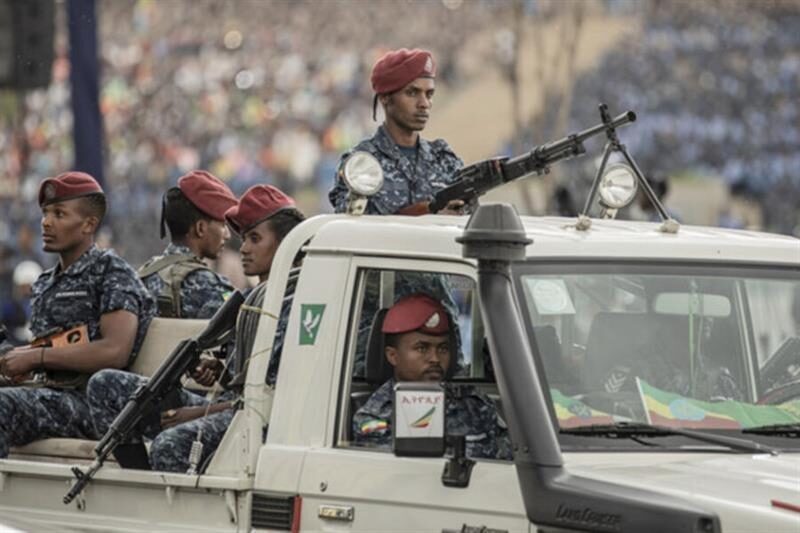
Thursday, 28th August 2025

非洲记者报道
Tanzania’s presidential race narrowed sharply this week as the Independent National Electoral Commission (INEC) cleared President Dr Samia Suluhu Hassan to stand in the October 29, 2025 general election while barring several key rivals. The development, confirmed on Wednesday, follows a month-long window for nominations and sets up a campaign season in which the ruling Chama Cha Mapinduzi (CCM) is poised as the overwhelming favorite—but with legal fights and public-trust questions mounting.
The opposition’s most immediate move came this morning: ACT-Wazalendo petitioned the High Court to reinstate its nullified presidential nominee Luhaga Mpina, after INEC wrote to the party on August 26 saying his nomination would not be accepted. The electoral body’s position came after the Office of the Registrar of Political Parties communicated that it had nullified ACT-Wazalendo’s earlier internal processes, effectively disarming the party at the starting line. ACT says it followed the law and that voters—not bureaucratic disputes—should decide the race. A hearing is expected on an expedited basis given the compressed calendar.
The field has been winnowed for months. In April, INEC disqualified CHADEMA, Tanzania’s main opposition party, for failing to sign the electoral code of conduct. The party’s chairman Tundu Lissu—a central figure of the reform movement—has remained in custody on treason charges, a case that has drawn international attention and complicated efforts by civil society to frame October as a re-opening of democratic space. Rights monitors say the environment around registration, policing and campaigning will determine whether voters view the contest as meaningfully competitive.
President Hassan, who assumed office in 2021 and is seeking her first full term, has publicly called for a credible process. At a civic forum on August 24 in Dar es Salaam, she urged INEC to uphold “transparency and fairness” and asked all candidates to respect procedures and maintain peace. That message landed just days before the close of nominations and after INEC finalized the 2025 election calendar, including the Aug 9–27 nomination window for presidential tickets. The government and faith leaders have echoed the appeal for calm as rallies begin nationwide.
Between now and October 29, the mechanics matter. Ballot printing, polling-station logistics, training of election officials and results transmission protocols will face intense scrutiny. Police commanders, who have emphasized that their role is to maintain peace rather than “fight a war,” say they are prepared for an orderly vote. Opposition figures counter that a truly level field requires not only calm streets but also impartial institutions: open media, equal access to venues, and timely publication of voter-roll updates. The balance between those narratives will shape domestic and international perceptions of legitimacy.
Economically, the backdrop is mixed but stable. Tanzania entered the campaign season with a 6.0% real GDP growth projection for 2025 and headline inflation in the low single digits. The IMF Board concluded its 2025 Article IV and a program review in July, underscoring macro stability while flagging reform risks and the need to energize private-sector growth. For many voters, however, the ballot may hinge more on lived affordability—transport fares, food prices and youth employment—than on macro briefings.
The legal and political timeline is tight. Campaigns will shift into full gear as soon as the final list of presidential candidates is gazetted. If ACT-Wazalendo wins its case, the ballot could be re-opened to a prominent challenger; if it loses, CCM’s path looks clearer still—though not uncontested, given a cluster of minor parties that have completed the paperwork and will seek to convert regional loyalty into national votes. Either way, the next 60 days will be decisive for Tanzania’s democratic trajectory: a test not only of who wins, but of how the country manages disagreement, rules and rights in an election year.


